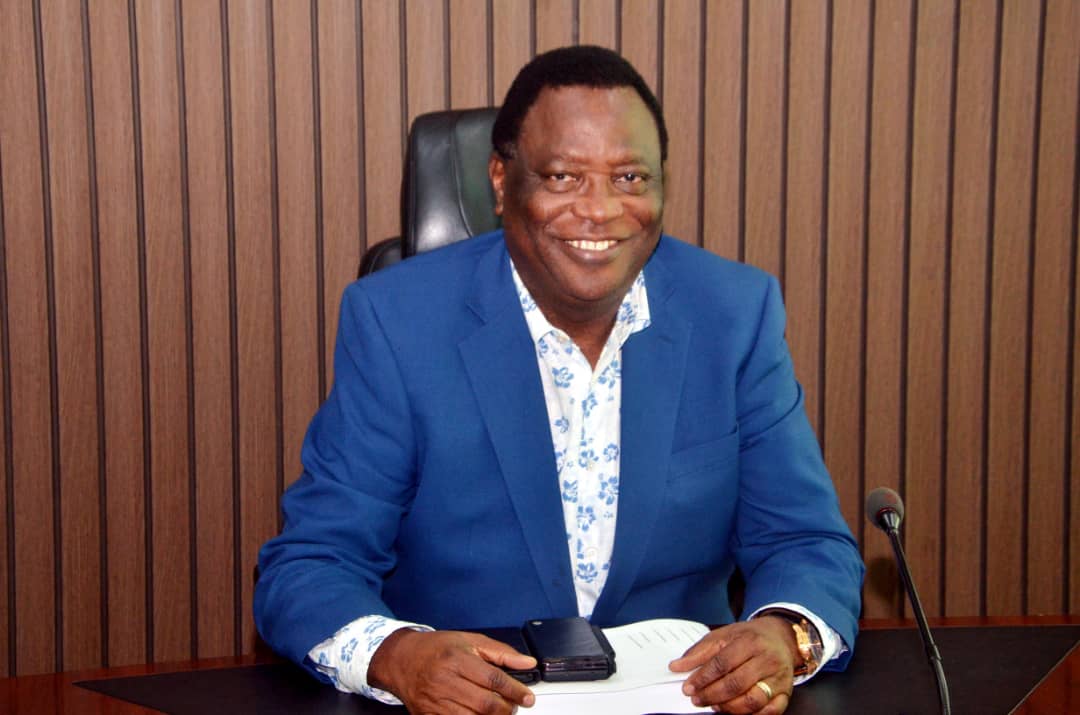Trump's Tariffs Reinstated by US Federal Appeals Court After Lower Court Rules Them Unconstitutional
A federal appeals court on Thursday reinstated President Donald Trump’s sweeping tariffs just a day after a trade court blocked them, ruling that Trump had overstepped his authority. The US Court of Appeals for the Federal Circuit issued the reinstatement without explanation, giving both sides deadlines in early June to respond.
The tariffs, dubbed “Liberation Day” duties, target a wide range of goods from major US trading partners, including Canada, Mexico, and China, which Trump claims are complicit in fentanyl trafficking into the US.
A US trade court had blocked most of Trump’s tariffs in a sweeping ruling that found the president overstepped his authority by imposing across-the-board duties on imports from US trading partners.
The Court of International Trade said the US Constitution gives Congress exclusive authority to regulate commerce with other countries that is not overridden by the president’s emergency powers to safeguard the US economy.
“The court does not pass upon the wisdom or likely effectiveness of the President’s use of tariffs as leverage,” a three-judge panel said in the decision to issue a permanent injunction on the blanket tariff orders issued by Trump since January.
“That use is impermissible not because it is unwise or ineffective, but because (federal law) does not allow it,” a Reuters report quoted the court as saying.
Financial markets cheered the ruling. The US dollar rallied following the court’s order, surging against currencies such as the euro, yen and the Swiss franc in particular. Wall Street futures rose and equities across Asia also jumped.
The judges also ordered the Trump administration to issue new orders reflecting the permanent injunction within 10 days. The Trump administration minutes later filed a notice of appeal and questioned the authority of the court.
The court invalidated with immediate effect all of Trump’s orders on tariffs since January that were rooted in the International Emergency Economic Powers Act (IEEPA), a law meant to address “unusual and extraordinary” threats during a national emergency.
The court was not asked to address some industry-specific tariffs Trump has issued on automobiles, steel and aluminum, using a different statute.
The decisions of the Manhattan-based Court of International Trade, which hears disputes involving international trade and customs laws, can be appealed to the US Court of Appeals for the Federal Circuit in Washington, D.C., and ultimately the US Supreme Court.
Trump has made charging US importers tariffs on goods from foreign countries the central policy of his ongoing trade wars, which have severely disrupted global trade flows and roiled financial markets.
Companies of all sizes have been whipsawed by Trump’s swift imposition of tariffs and sudden reversals as they seek to manage supply chains, production, staffing and prices.
A White House spokesperson said U.S. trade deficits with other countries constituted “a national emergency that has decimated American communities, left our workers behind, and weakened our defense industrial base – facts that the court did not dispute.”
“It is not for unelected judges to decide how to properly address a national emergency,” Kush Desai, the spokesperson, said in a statement.
The ruling, if it stands, blows a giant hole through Trump’s strategy to use steep tariffs to wring concessions from trading partners. It creates deep uncertainty around multiple simultaneous negotiations with the European Union, China and many other countries.
However, analysts at Goldman Sachs noted the order does not block sector-specific levies and there were other legal avenues for Trump to impose across-the-board and country-specific tariffs.
“This ruling represents a setback for the administration’s tariff plans and increases uncertainty but might not change the final outcome for most major US trading partners,” analyst Alec Phillips wrote in a note.
Trump has promised Americans the tariffs would draw manufacturing jobs back to US shores and shrink a $1.2 trillion US goods trade deficit, which were among his central campaign promises.
Without the instant leverage provided by tariffs, the Trump administration would have to find new forms of leverage or take a slower approach to negotiations with trading partners.
Initial reaction among Asian policymakers was muted, with Japan’s economy minister saying he would examine the details of the ruling, while the Bank of Korea said it saw the effective tariff rate on South Korean exports under the ruling falling to 9.7 per cent from 13.3 per cent.
The ruling came in a pair of lawsuits, one filed by the nonpartisan Liberty Justice Centre on behalf of five small US businesses that import goods from countries targeted by the duties and the other by 12 US states.
Emmanuel Addeh
Follow us on:










